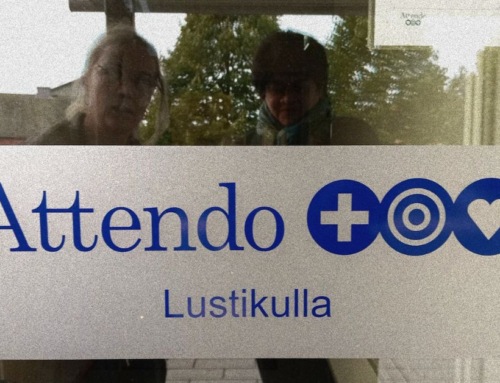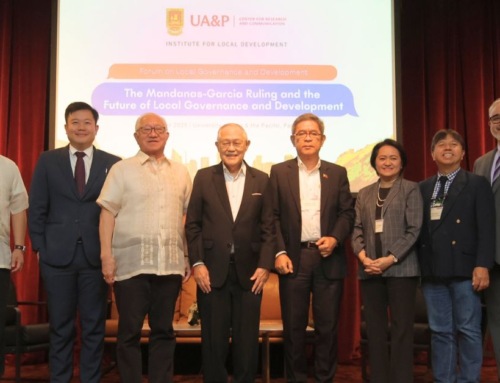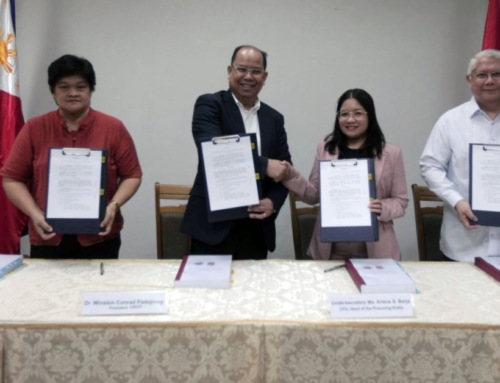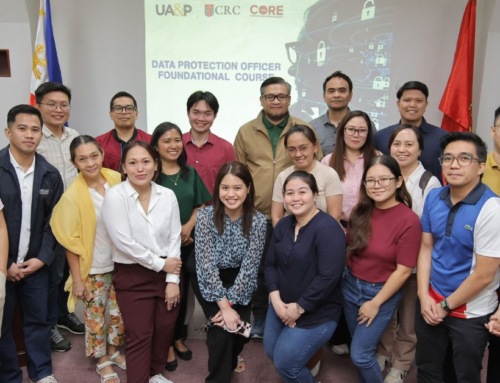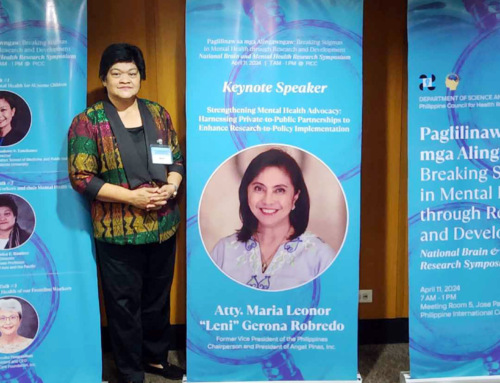Congressman Alfredo A. Garbin presented updates on the Legislative Agenda to Amend the Economic Provisions of the 1987 Constitution (formally known as “Resolution of Both Houses 2” or “RBH 2”) in his capacity as Chairperson of House Committee on Constitutional Amendments, while Mr. Leandro Tomas D. Tan of the UPPAF Regulatory Reform Support Program for National Development gave a detailed presentation on the potential Impacts of Opening the Philippines to Potential Impact on Employment and Incomes.
Resolution of Both Houses 2
RBH 2 proposes to amend the Philippines’ 1987 constitution by inserting the phrase “unless otherwise provided by law” to the various provisions which allow only Filipino citizens to “control, own, and/or lease alienable lands of public domain, natural resources, public utilities, educational institutions, mass media companies, and advertising companies in the Philippines.”
This video of the forum is available through the shared Facebook Livestreams of CRC, and the DILG, and is embedded below.
If the video does not load, watch the video on CRC’s Facebook page at: https://www.facebook.com/centerforresearchandcommunication/videos/774880376733783
A continually evolving landscape
Philippine economic governance is a continually evolving landscape, and with the right expertise, a knowledge of that landscape will often reveal exciting new business opportunities for investors. CRC can help you find the inside scoop that will give you an edge in Philippine business, whether that means evaluating the demand and price points for agricultural products and services, determining the feasibility of a new agribusiness venture, or just or even just finding the right local partners to do business with.
Let the Center for Research and Communication be your research and consultancy link to Philippine business opportunities. Get in touch with us via our LinkedIn of Facebook accounts, or email us at [email protected]. • | Staff Writer | CRC ||
———————————————————–
The Center for Research Communication is the research and consultancy link to Philippine business opportunities, uniquely poised to help you with technical and financing evaluation, demand evaluation, partnership development, project impact evaluation, and team upskilling and learning. To find out more about CRC, send an email to [email protected], or follow us on LinkedIN at linkedin.com/company/centerforresearchandcommunication . You can also find us on Facebook at facebook.com/centerforresearchandcommunication

